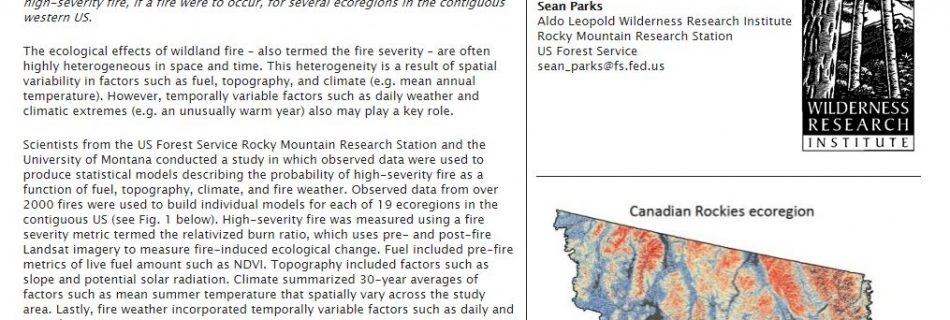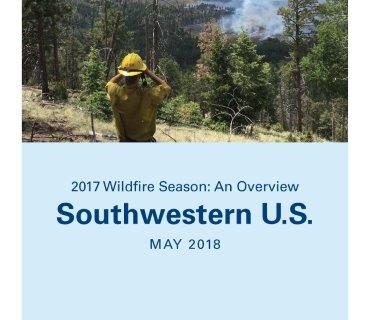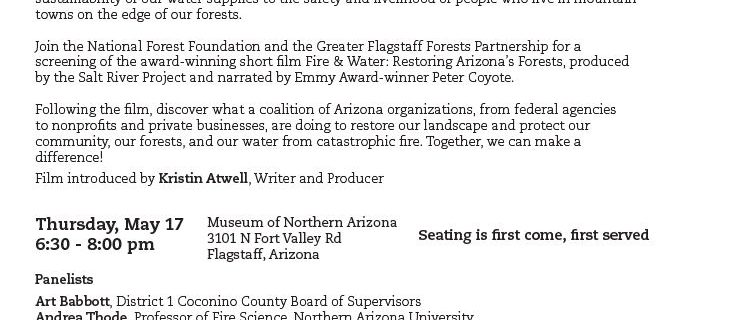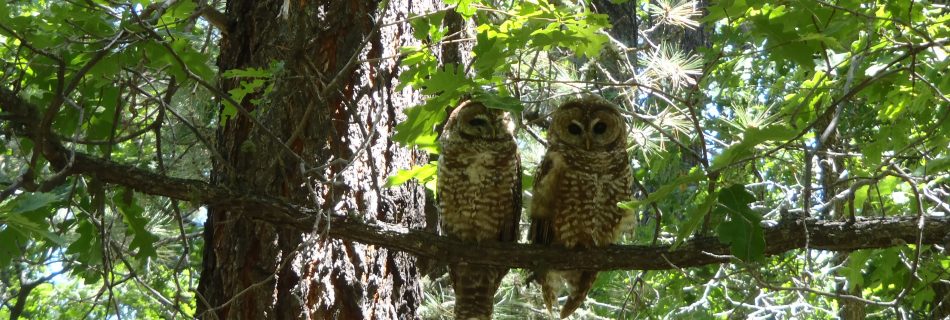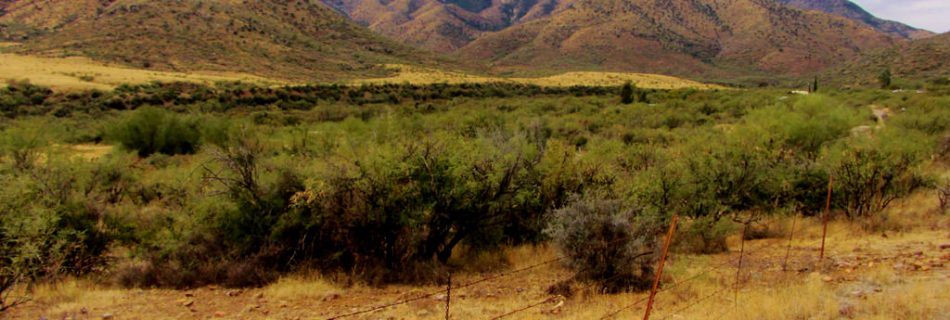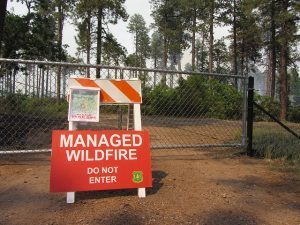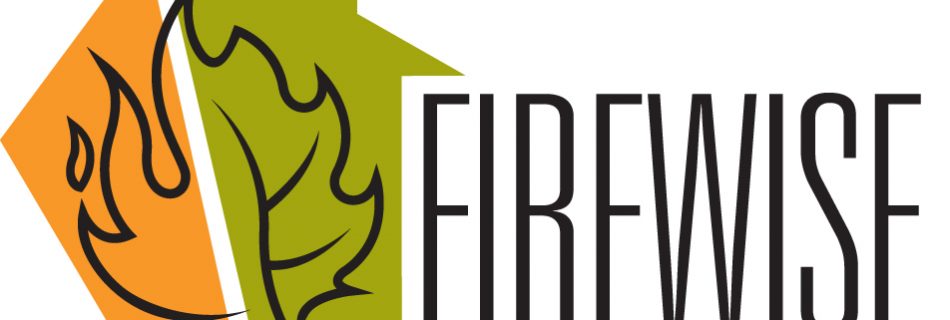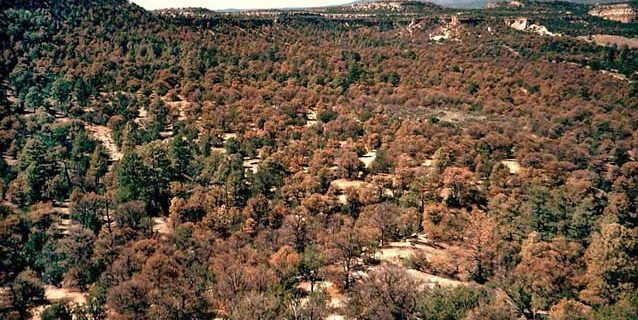October 10, 2018: Modeling and mapping the potential for high severity fire in the western U.S.
Presenter: Sean Parks, Research Ecologist, Aldo Leopold Wilderness Research Institute, Rocky Mountain Research Station, US Forest Service Date: October 10, 2018 11am AZ/12pm MDT The ecological effects of wildland fire – also termed the fire severity – are often highly heterogeneous in space and time. This heterogeneity is a result of spatial variability in factors …

